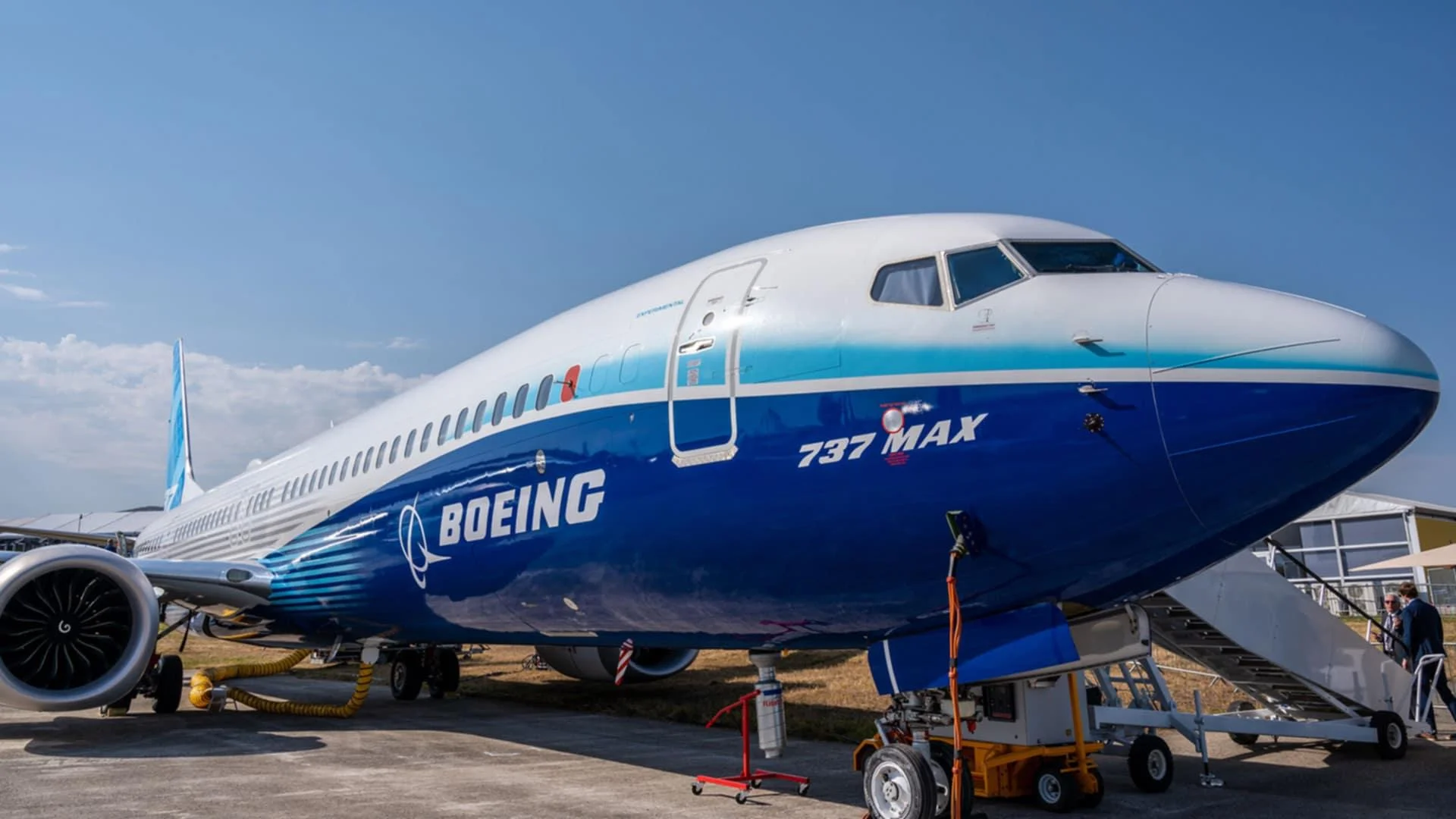The Airbus A320 family and the Boeing 737 series have long stood as primary contenders in the field of commercial aviation. The Boeing 737 was first introduced in 1968, while the A320 appeared two decades later in 1988. Despite this lag, the A320 has steadily closed the sales gap and is anticipated to surpass the 737 in cumulative sales come 2025.
The present models from these series are the Boeing 737 MAX and the Airbus A320neo. Both aircraft emphasize fuel efficiency as a critical aspect of development, a fact that affects airline preferences. "Reducing fuel use is the greatest single priority for Airbus and Boeing when developing next-generation jets," notes an industry analyst.
A comparative analysis shows that the Boeing 737 MAX 8 and the Airbus A320neo are directly competitive, though the A320neo is slightly smaller with a seating capacity of 194 compared to the MAX 8's 205. While the official figures highlight that Boeing 737 MAX reduces fuel consumption by 20%, Airbus claims a similar reduction rate per seat for its A320neo. The choice of engines also varies, with the MAX relying on the CFM International LEAP-1B and the A320neo offering either the CFM International LEAP-1A or the Pratt & Whitney PW1000G-JM engines.
 Alerts Sign-up
Alerts Sign-up
















